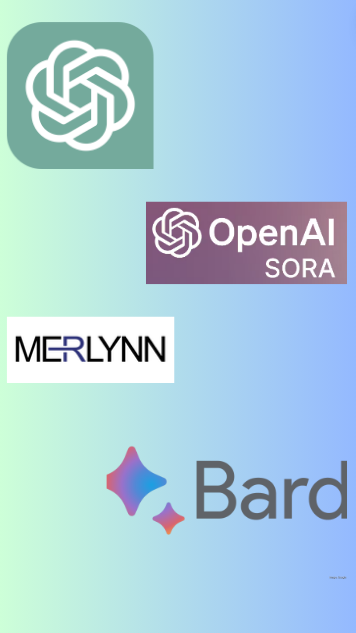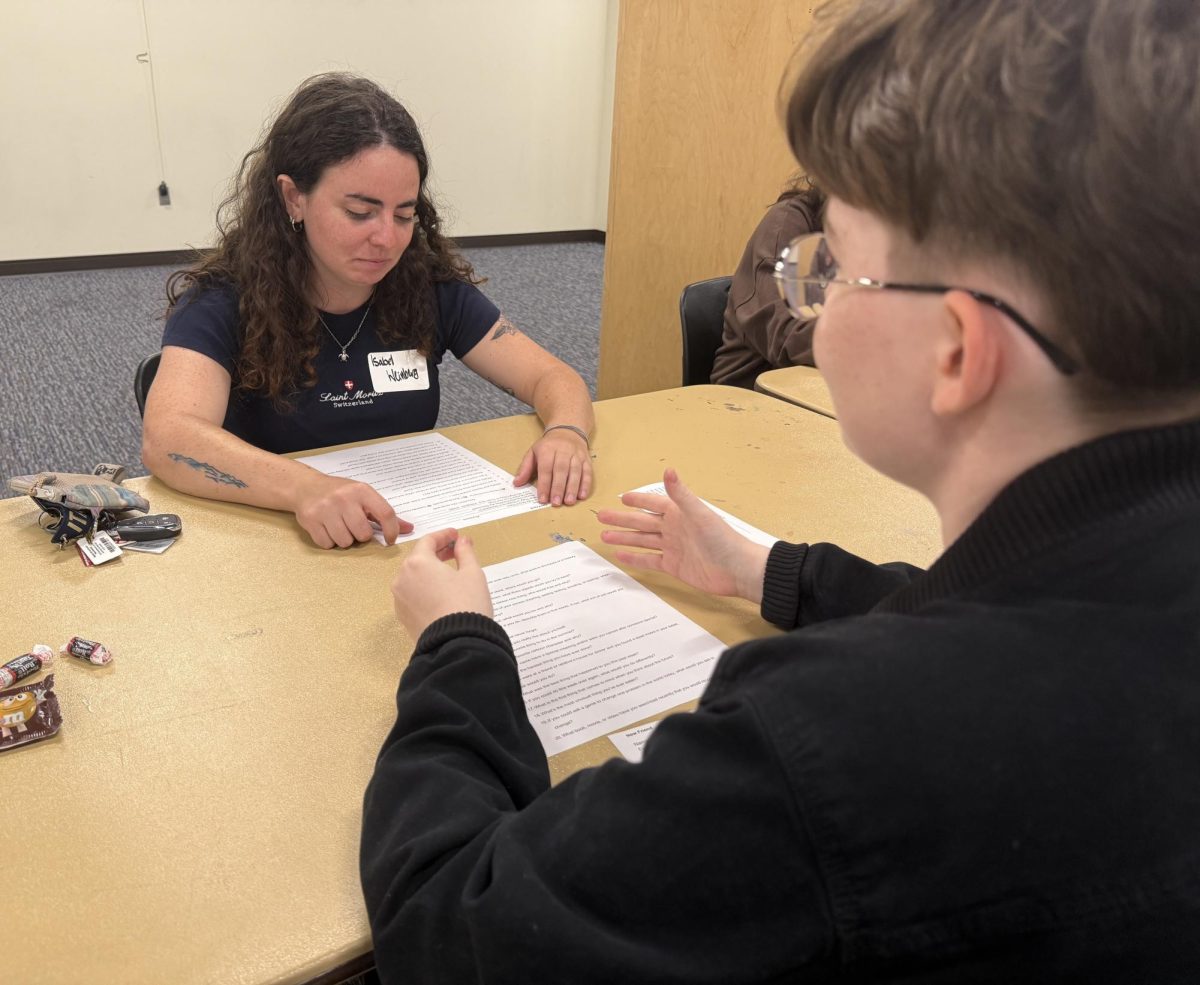As the possibilities of AI continue to grow and change, bigger questions are being asked by leading experts in the field who are trying to break the current constraints of artificial intelligence.
During a presentation on March 5th sponsored by the Department of Mass Communication as well as the Department of Political Science and Business, Mark Keith, Director of Merlynn Intelligence Technologies goes into detail on the currently evolving world of AI.
“Some of the work being done in Europe and overseas where telehealth is exploding much more rapidly than in the United States, some of the interactions are done with artificial intelligence,” Keith said.
Describing a process to create what he called a “digital twin”, Keith elaborated on the specifics of his position in the company and the main goals in mind as they experiment with AI technology.
“I work with people to use technology to build a digital twin that makes decisions the way they do,” Keith said. “When it comes to machines that are built to think for us and think like us, accountability is something we can’t let slip away.”
Keith describes how trust in machines works via a clever metaphor, given how we expect certain things to work when we use them.
“You want your technology to be trustworthy; when your calculator gives the wrong answer you know you have a broken calculator, but a similar issue with a sophisticated machine like an AI isn’t obvious.”
Keith stressed many times the importance of empathy and compassion in a digital twin since humans rely on our ability to connect with others on a meaningful level. According to Keith, if you go to the doctor for a broken bone and are faced with an AI doctor without empathy, it would be a harsh experience.
“There’s a human element missing in current AI interactions, and having someone who understands pain and can have compassion is important,” Keith said.
Unlike language models such as ChatGPT or Google Bard, Merlynn Intelligence seeks to create fully functional digital twins that not only understand context, but can extrapolate off of current knowledge and learn instead of having a knowledge cutoff.
“The beauty of humans is we’re so good with context. It’s extremely important to be able to contextualize a situation or scenario, and we learn how to get smarter through those situations,” Keith said. “If your AI freezes its knowledge in time, it has to be constantly updated and can’t understand context without those constant updates.”
When Keith went on to discuss fully cognizant and aware AI, and the potential ramifications of owning and selling these sentient AI, Keith had this to say.
“We’re not there yet, but it’s in the future. I don’t think I would want to sit on the committee that decides what the ethics are of that,” Keith said, “but it’s a real moral dilemma we’re fast approaching and will have to acknowledge soon.”


![Brooke Pedersen [second from the right] and Luis Reyes [right] hold banners during the Wrap The Woods event.](https://thebluebanner.net/wp-content/uploads/2025/09/ELIZABETH_PRITCHITT_IMG_3470-1200x804.jpg)




















